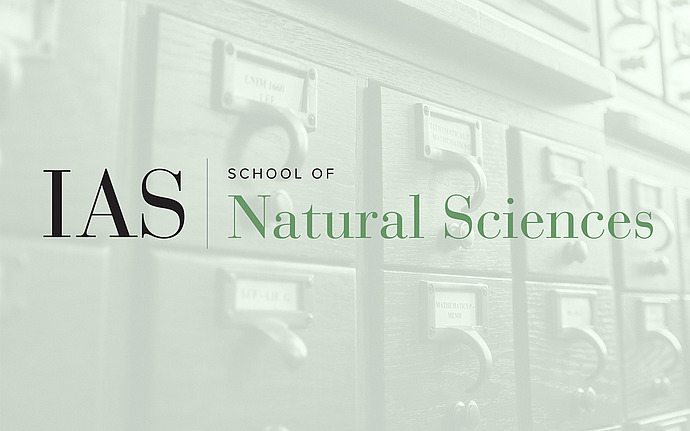
Institute for Advanced Study Astrophysics Seminar
Star formation and feedback in low-mass molecular clouds - a 3D view
Star formation takes place in the densest and coldest parts of the interstellar medium (ISM), in dark molecular clouds. These are swept up by multiple supernova explosions on scales of several hundred parsec. While condensing out of the warm ISM, the clouds are continuously fed with fresh gas. Thus, the turbulent substructure and magnetic field properties are imprinted during cloud formation. The formation of dense clouds from the multi-phase ISM, the onset of star formation, and the evolution of the molecular clouds under the impact of stellar feedback from newly born massive stars is studied in high-resolution simulations within the SILCC-Zoom project.
In this talk I will show how the evolution of self-consistently formed molecular clouds is governed by stellar feedback from newly born massive stars. Our clouds resemble nearby molecular clouds like Taurus and Ophiuchus. We find that the detailed cloud substructure (and therefore highly localised shielding factors) determine(s) the clouds' vulnerability to stellar feedback processes, in particular to ionizing radiation. Moreover, the ionization state of the gas can be highly variable on scales of tens of parsec due to small-scale turbulent motions within the star-forming clouds, which shield and release the ionizing radiation. This leads to a flickering of the young HII regions on the scale of ~10 pc. The efficiency of star formation is quite effectively regulated by stellar (pre-supernova) feedback on small scales.
By means of synthetic observations, we also investigate in detail how our simulations would appear to an observer. I will show a few examples focussing on CO and ionized carbon and discussing CO-dark molecular gas.